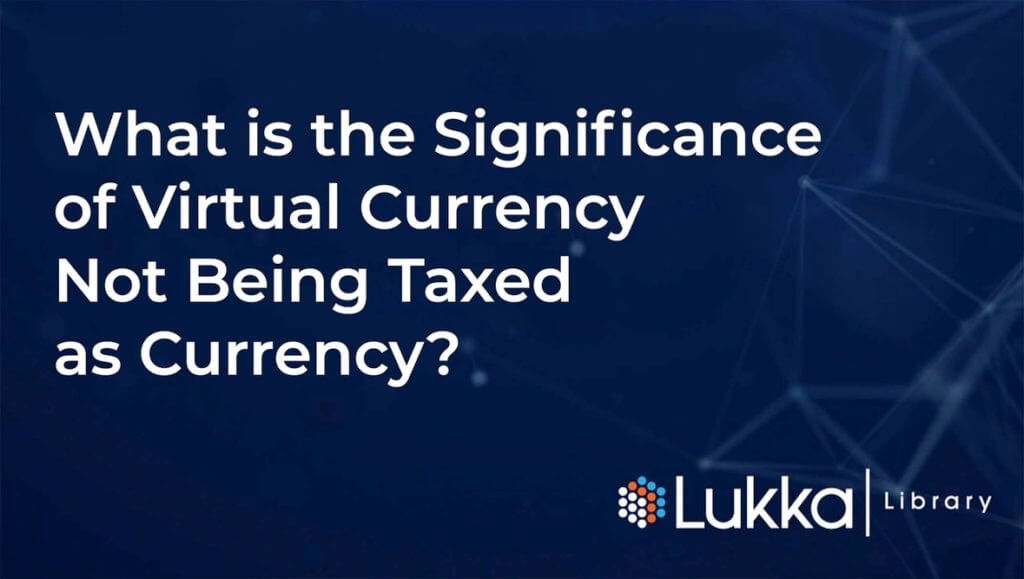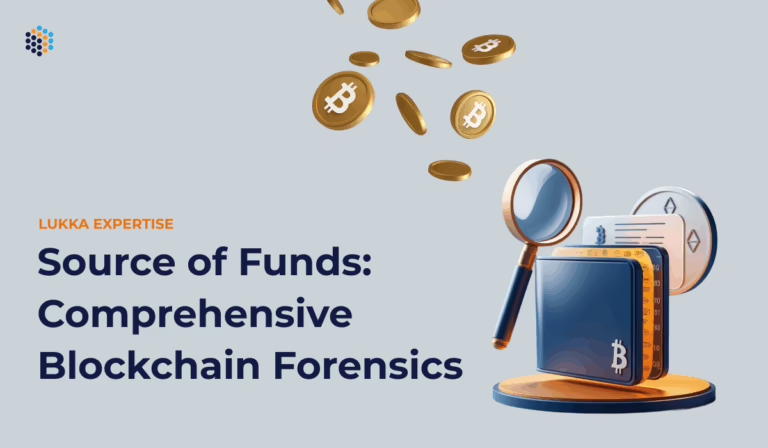
Author: Andrea S. Kramer, McDermott Will & Emery*
The statements in this document reflect guidance issued as of March 19, 2020.
The tax law has special rules that disallow a deduction for a loss on the sale of certain assets where the taxpayer purchases the same or substantially similar assets a short time after the sale that triggered the loss. These rules, called the wash sale rules apply to prevent taxpayers from reporting losses from selling “stock” or “securities” as defined in the tax laws. Because virtual currencies are not viewed as stock or securities for purposes of the wash sales rule, the loss disallowance rules of I.R.C. § 1091 arguably should not apply. If applicable, these rules prevent taxpayers from reporting tax losses without substantially changing their economic positions. This Memorandum addresses possible application of the wash sales rule to virtual currency. For a discussion of possible application of the tax straddle rules to defer tax losses, see McDermott’s Memorandum, “When Virtual Current Positions are subject to the Straddle Rules.”
Operation of the Wash Sales Rule
Taxpayers cannot deduct otherwise allowable losses if the losses are from a sale or other disposition of stock or securities and the taxpayers acquire substantially identical stock or securities (by purchase or in a taxable transaction) within a period beginning 30 days before and ending 30 days after the date of the disposition (the 61-day prohibited period).1
The tax basis of newly acquired stock or securities is adjusted to reflect the amount of loss that must be deferred and is not immediately deductible. When the newly acquired stock or securities are subsequently disposed of, this basis adjustment means that taxpayers have larger losses or smaller gains to reflect the losses previously deferred.
Limited to Stock or Securities Transactions
Although the phrase stock or securities appears with slightly different meanings in various Code provisions, that phrase is not defined in I.R.C. §1091 or the applicable Treasury regulations. What we do know is that stock generally refers to shares of stock in a corporation. Securities typically refers to notes, bonds, debentures, and other evidences of indebtedness. Some Code provisions have broader definitions and include options. For example, I.R.C. § 1236(c) defines security for purposes of dealer investment accounts to include “any evidence of an interest in or right to subscribe to or purchase any of the foregoing.” When I.R.C. § 1091 was amended to provide that the wash sales rule includes entering into a contract or option to acquire substantially identical stock or securities, Congress did not attempt to define the term stock or securities. Rather, it simply amended I.R.C. § 1091 to include as securities contracts or options to acquire stock or securities.
The wash sales rule is based on mechanical rules and definitions. It does not grant the Treasury broad anti-abuse authority to apply the rule to transactions beyond stock or securities. Further, because commodities, commodity derivatives, and futures contracts are not stock or securities, the wash sales rule does not apply to them.
Application to Virtual Currency
In Notice 2014-21, the IRS provided its view that convertible virtual currency is property—not foreign currency—for federal tax purposes.2 The IRS does not address whether virtual currency is taxable as security. For a discussion of when virtual currency is treated as a security for tax purposes, see McDermott’s Memorandum, “When Virtual Currency Positions Are Securities for Tax Purposes.” Some convertible virtual currencies—such as Bitcoin—are likely to be treated as “commodities” for tax purposes, not as stock or securities. Actual units of convertible virtual currency, in and of themselves, would not be treated as actual stock or securities. As a result, losses from the sale, exchange, or other disposition of convertible virtual currencies are not deferred under the wash sales rules.
There are some situations, however, where virtual currency positions—such as certain initial coin offerings (ICOs) and certain tokens—might be treated as securities under Supreme Court guidance and SEC rules.3 This means that taxpayers need to consider the possibility that if the SEC treats particular transactions as securities, the IRS might seek to apply the wash sales rule to those transactions.
In circumstances where virtual currency transactions are not taxed as securities, taxpayers can sell virtual currency at a loss and acquire substantially identical virtual currency without being required to defer their losses under the wash sales rules. Taxpayers who hold virtual currency units at prices below their tax basis might consider selling those units at a loss to harvest their losses, without regard to whether they want to reestablish their positions. Those taxpayers who want to maintain substantially identical positions after taking their losses for tax purposes can reacquire substantially identical units at the then market price at less than their basis in the units they disposed of. Such a sale and reacquisition would allow such taxpayers to maintain their virtual current positions while reporting tax losses.
Taxpayers should discuss their loss transactions with their tax advisors. Although most convertible virtual currency positions are not likely to be subject to the wash sales rule, taxpayers should be aware of possible application of the wash sales rule to certain transactions, as well as possible application of the tax straddle rules and other statutory and judicial anti-abuse rules that could result in tax losses.
* This material is for general information purposes only and should not be construed as legal advice or any other advice on any specific facts or circumstances. No one should act or refrain from acting based upon any information herein without seeking professional legal advice. McDermott Will & Emery makes no warranties, representations, or claims of any kind concerning the content herein. McDermott and Andrea S. Kramer expressly disclaim all liability to any person in respect of the consequences of anything done or not done in reliance upon the use of contents included herein. For a complete list of McDermott entities, visit mwe.com/legalnotices.
©2020 McDermott Will & Emery. All rights reserved. Any use of these materials including reproduction, modification, distribution or republication, except as part of the Lukka Library is strictly prohibited without the prior written consent of McDermott. This material may be considered attorney advertising. Prior results do not guarantee a similar outcome.
1 I.R.C. § 1091.
2 Notice 2014-21, 2014-16 I.R.B. 938.
3See SEC, Report of Investigation Pursuant to §21(a) of the Securities Exchange Act of 1934; The DAO, Securities Act Release No. 81207 (July 25, 2017), at 3.



